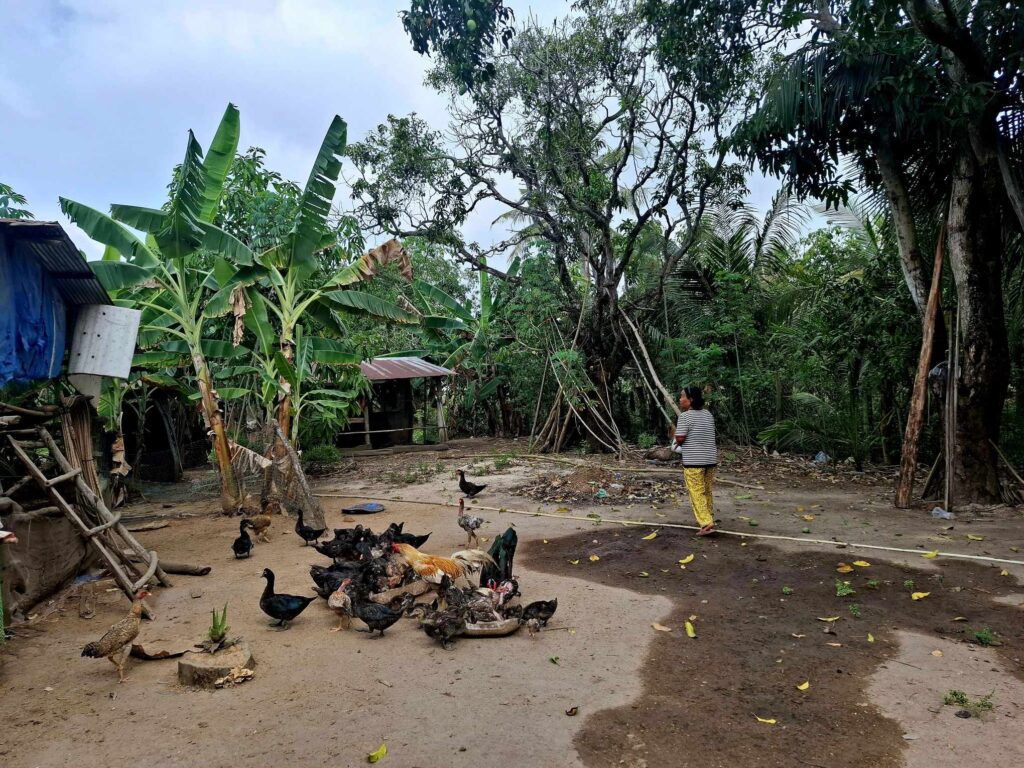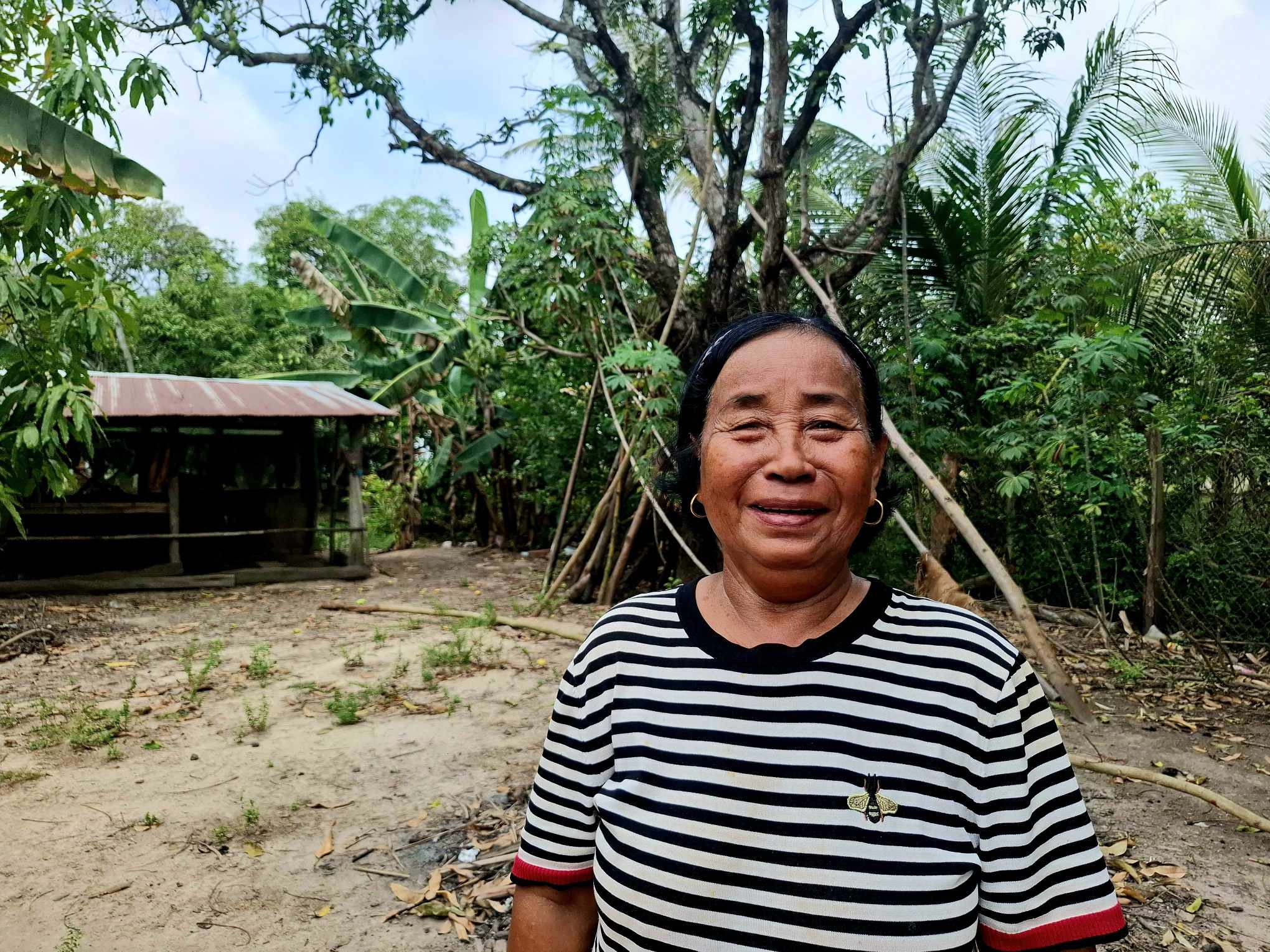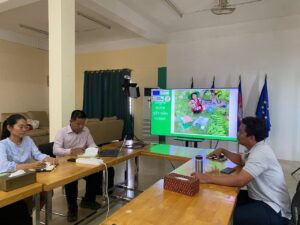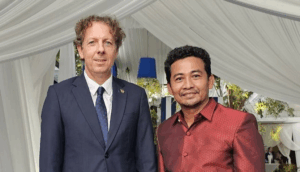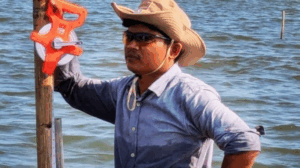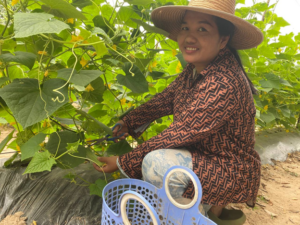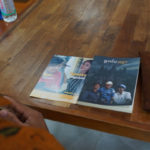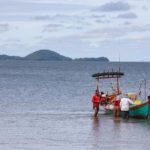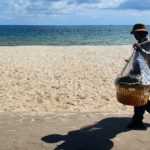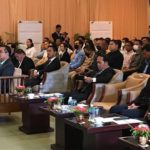Women living with disabilities often face double discrimination—due to both their gender and disability. We can help break the cycle of discrimination and poverty by providing access to training and resources. Kheng Phal’s story demonstrates the impact of women’s empowerment.
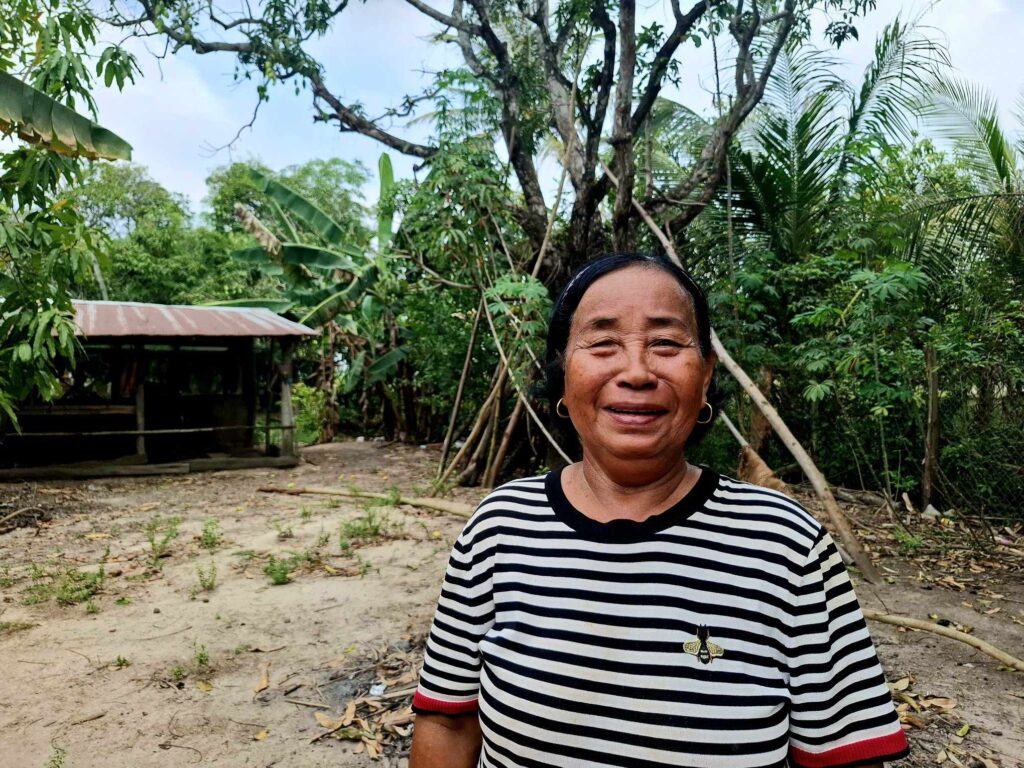
Women with disabilities, particularly in remote and rural areas of Cambodia, are often vulnerable to exploitation, abuse, and further marginalization. As a result, they are disproportionately affected by poverty, lack of education, and limited access to healthcare and social services.
Despite the hardship, Kheng Phal from Ches Village in Kampot has shown remarkable resilience, overcoming barriers through education and support. “When I was young, I didn’t have much. I started with 5 or 10 chickens,” she recalls, emphasizing her humble beginnings.
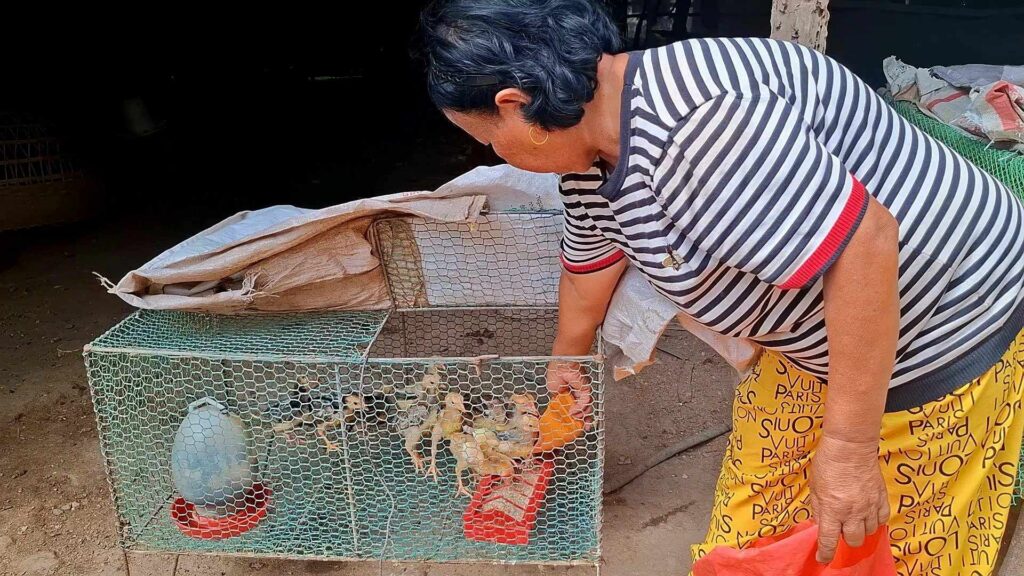
In 2022, Kheng Phal received business training through a commune council session, learning vital skills like record-keeping and business expansion. This is when she was selected to receive further support from Action Education / Aide et Action (AEA) through the CO-SAVED project, co-funded by the EU.
Co-Action: Education, Determination and Material Support
The project promotes economic independence and sustainable livelihoods in coastal provinces. In 2024 alone, over 400 smallholder farmers received material support through Co-Impact Investment funds.
For Kheng Phal, AEA support included chicken houses, safety equipment, chicks, and feed. “I received four chicken houses, wire, nets, 100 chicks, food, and 8 water containers,” she explains. This support empowered Kheng Phal, who now proudly shares, “once, I could sell chickens for $50 at the market. It’s my main source of profit now.”
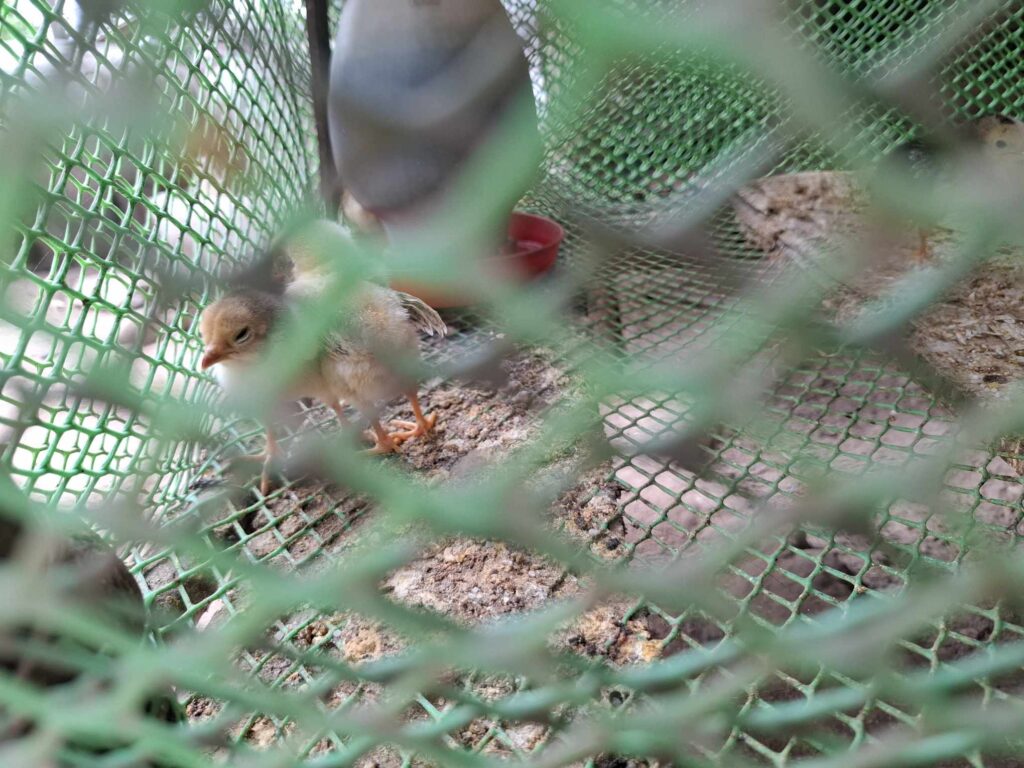
Despite setbacks, Kheng Phal adapts to any situation. “Last year, there was an infection outbreak; it was a hard time,” she explains. “Sometimes, cats eat my chickens, and this makes me very upset,” she adds, deciding to sleep near the chicken house at night to protect her flock.
Co-Impacts: Better Livelihoods For an Inclusive Society
Kheng Phal’s journey exemplifies how empowering women with disabilities benefits not only the individual but also their families and communities. The project has increased her income, making her more self-sufficient. “Now that I get older, I don’t do other jobs. My chicken farm is my main income,” she says.
Though she hopes to expand her business, rising costs of chicken feed concern her. “I can mix bananas, morning glory, and rice for feed,” she adds, showcasing her resourcefulness. By continuing to provide access to training and resources, we help break the cycle of poverty and enable women to actively contribute to their families and communities.
Empowering women with disabilities leads to greater independence, better livelihoods, and meaningful societal contributions. Let’s continue to support a more inclusive and equitable world.
